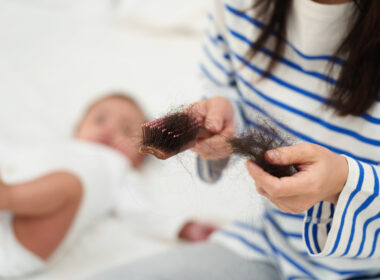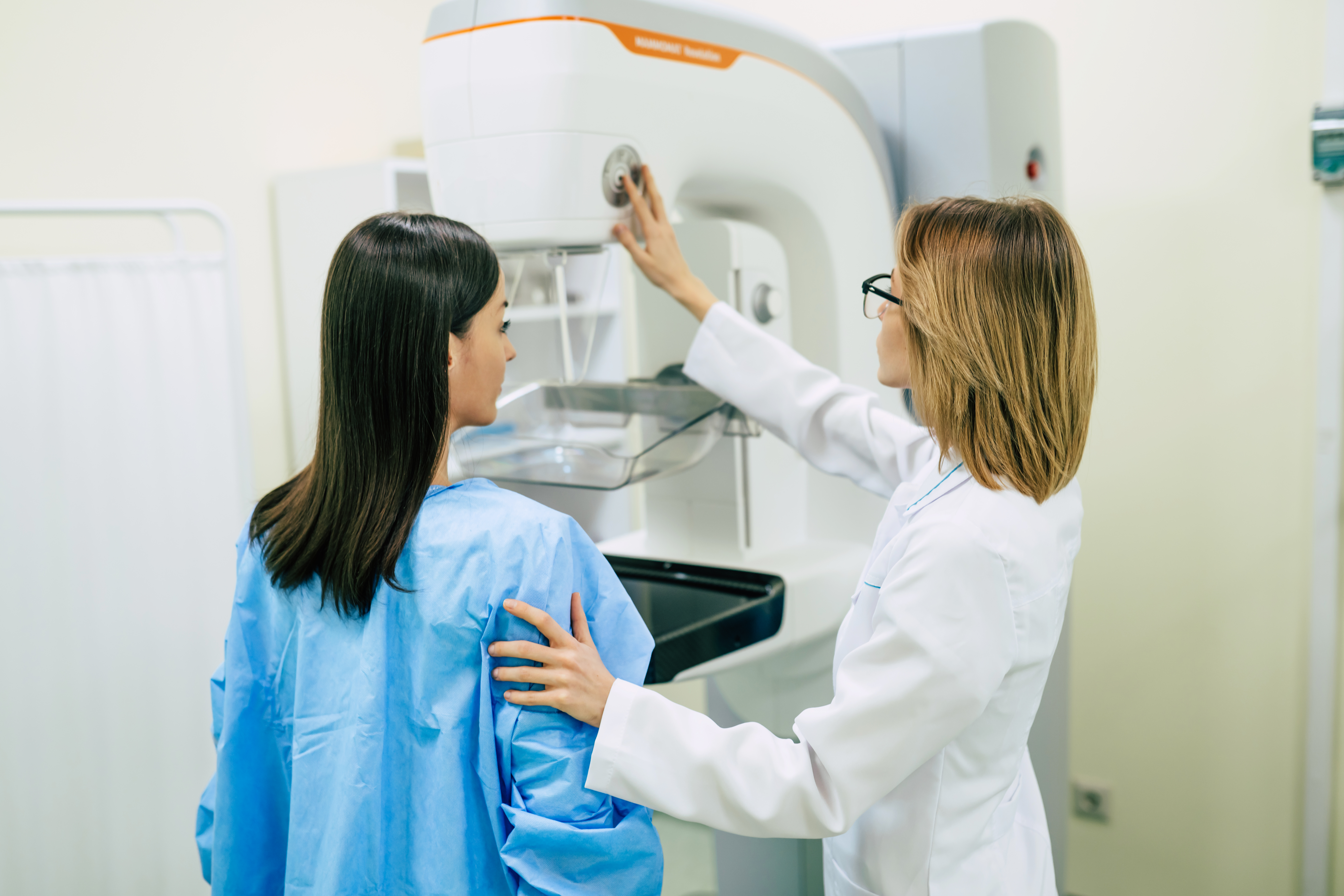Growing up in Ohio, I’m accustomed to lack of sunshine. From fall to spring, we frequently have overcast days, grey and gloomy, with rain or snow providing occasional variety. Although I have experienced this for most of my life, I have only recently become aware of the importance of vitamin D, the “sunshine vitamin.” In the last twenty years, in particular, science has begun to discover the vital role vitamin D plays in the body, from immune health and skeletal health, to cardiovascular health, and even menstrual health. More specifically, recent research has shown vitamin D to be an exciting, potential treatment for фибромиомы матки.
Что такое фибромиома матки?
Uterine fibroids are noncancerous tumors, or leiomyomas, in the muscle layer of the uterus. They affect about 70% of women in the United States, and although they often go unnoticed, they can cause infertility and miscarriage, excessive bleeding, pelvic pain, and preterm labor. Uterine fibroids are also correlated with high blood pressure. It is not common to find uterine fibroids in young women, but the risk of developing them increases with age. Additionally, black women are significantly more likely to have fibroids than white women (more on this later).
While fibroids often do not pose a serious health risk, they nevertheless can progress in severity. Treatment options have traditionally been somewhat lackluster, from “band-aid” solutions like birth control (which only manages symptoms and does not address the root cause) to more drastic surgical solutions like hysterectomies. Thankfully, in recent years, more natural treatment options have begun to emerge, and one of the most promising ones is vitamin D. We will look at three studies that examine the potential role of vitamin D in management of uterine fibroids.
While fibroids often do not pose a serious health risk, they nevertheless can progress in severity. Treatment options have traditionally been somewhat lackluster, from “band-aid” solutions like birth control to more drastic surgical solutions like hysterectomies.
Study #1: Vitamin D may shrink fibroids (in rats)
In one study, researchers at Meharry Medical College in Nashville studied the effect of vitamin D on rats that were genetically predisposed to developing uterine tumors [1]. Twelve rats were divided into two groups of 6, with one group as the study group and one group as the control group. An examination confirmed the presence of uterine tumors.
The rats in the study group were given the equivalent of 1400 IU of Vitamin D3 daily for three weeks, while the control group received no treatment. At the end of the three weeks, the tumors of the rats in the control group had grown, while the tumors of the rats in the study group did not. In fact, the study group’s tumors shrunk by 75%! Of course, this study was conducted on rats, and not human beings, which is a limitation in itself, but it is nonetheless exciting to see such a dramatic result from such a simple treatment.
Study #2: Vitamin D may prevent fibroid progression (in women)
Другое исследование conducted at the University of Marche in Italy looked at 208 women who were diagnosed with both uterine fibroids and vitamin D deficiency [2]. The researchers decided to focus only on women with “small burden” fibroids (meaning their symptoms were not severe, or their tumors were smaller than 50mm in diameter, or they had no more than four tumors present), so the final studied group ended up being smaller–108 women total. This group was divided further into those who properly followed the protocol for vitamin D administration of 50,000 IU once per week for eight weeks, and then 2000 IU daily after that for a year, and those who did not or who refused–the study group and the control group, respectively.
Nurses checked in over the phone at three months and six months to “evaluate the adequacy of the therapy.” At the end of the year, these women were called back to the clinic for another evaluation via ultrasound. The control group, which started out with fifty-five women, had four drop out due to pregnancy, and seventeen drop out because of “progression to extensive disease,” meaning an increase in either the size of the fibroids or the severity of symptoms.
The study group, conversely, started out with fifty-three women, and had three women drop out due to pregnancy and only seven drop out because of “progression to extensive disease;” thus, the study group had a lower rate of severity of uterine fibroids. The researchers concluded that vitamin D therapy may be helpful in lowering the rate of progression in the extent of the disease, and may stabilize the growth of any existing tumors. Unfortunately, only Caucasian women were considered in this study, so we don’t know if vitamin D might have a similar effect on women of other races, especially among Black women, who tend to have a higher incidence of both fibroids and vitamin D deficiency [3].
Study 3: Vitamin D may shrink fibroids (this time, in women!)
The final study we’ll examine was conducted by researchers at the Isfahan University of Medical Sciences in Iran. The researchers примечание that Iran has a high incidence of vitamin D deficiency [4]. This was a double-blind study, and even the data analyzer was blind.
Sixty-nine patients with vitamin D deficiency and uterine fibroids were divided into two groups. Group A received 50,000 IU of vitamin D3 every 2 weeks for 10 weeks, while Group B received placebo capsules. The average size of the uterine fibroids among both groups was 50mm in diameter. All but one of the women in the intervention group (Group A) participated. By the end of the study, not only had vitamin D levels increased significantly in Group A, but their tumors had also shrunk about 7mm on average. The placebo group, in comparison, had no shrinking of tumors and, in fact, displayed a slight increase in size of the tumors. Although this study had a small sample size and only studied Iranian women, the results (as with the previous two studies) are encouraging.
Researching Vitamin D as treatment: Where do we go from here?
The results of the three studies discussed in this article indicate that vitamin D may be a simple but potent treatment option for women dealing with uterine fibroids. Furthermore, it is a treatment that could easily be replicated at home at relatively low expense, especially compared to the cost of prescriptions or surgeries.
The results of these studies indicate that vitamin D may be a simple but potent treatment option for women dealing with uterine fibroids.
However, more research is needed, especially for Black women; we know that dark skin does not absorb vitamin D as easily from the sun, and sunlight is our primary source of vitamin D. The study on rats purposely looked at ones that were genetically predisposed to developing uterine tumors, and it only makes sense to conduct our human studies similarly–i.e., shouldn’t we be researching Black women, who are also genetically predisposed?
Furthermore, I would be interested to know if vitamin D could be used preventatively; could routine intake of vitamin D prevent fibroids from developing in the first place? If so, this would again be a simple solution to prevent a more complex problem. There is much yet to be discovered about this vitamin, but in the meantime, I suppose we can use what we know as another good reason for getting more sun!







